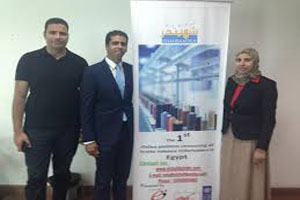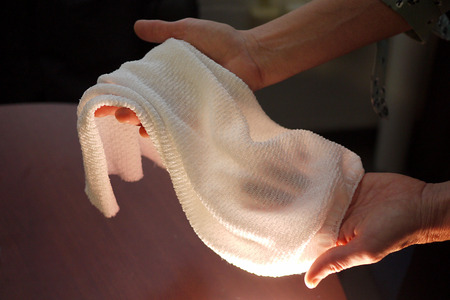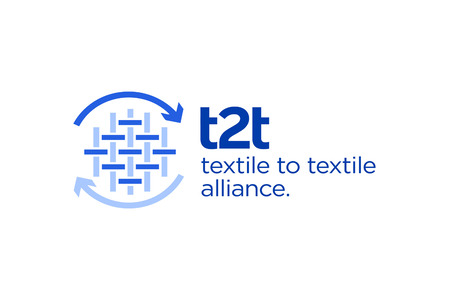
Shahbander to help Egyptian textile makers connect online
YarnsandFibers News Bureau 2015-08-05 11:00:00 – EgyptTo help modernize the textile industry in Egypt, siblings Fatma, Mahmoud and Mohamed El Esnawy after graduating from AUC Venture Labs founded Egyptian startup Shahbander in 2013. They wanted to connect, via a website, factories with clients who wish to buy finished products. Shahbander was Fatma’s idea. After she unsuccesfully tried to help some friends find textile products online, she decided to branch out of the corporate life and start her own business and, using her four years experience in web development and design.
The site is still in prototype-mode, but Fatma said that they’re four months from launching the real thing and after that they’ll be looking to link their 5,000 registered factories with the world - where exactly they didn’t want to say yet but Europe is on their radar.
For millennia Egypt has been known for its textiles, and the statistics bear out how important they still are to the economy. Egyptian exports hit a total of $8 billion during the first five months of 2015 with $379.3 million coming were from the textile sector, according to the Ministry of Foreign Trade and Industry.
The Egyptian government has set a target to increase textile exports to $2 billion, from $1 billion in 2014. But despite it being one of the most promising sectors in Egypt, it remains untapped by technology.
In late 2013, Fatma launched the business with her brothers and in early 2014 they began to take steps to grow it. In June 2014, the three founders joined the first cycle of the American University in Cairo’s incubator program Venture Lab and created a website prototype to test the market.
The website has two main types of users: textile factories wanting to gain exposure and register their information, and the general public or businesses that want to place orders for finished products.
Mohamed Abdel Latif, co-owner of a textile factory named Mesk Al-Kabaa registered with the website seven months ago. He said that his experience as a computer science graduate encouraged him to check what the website could offer. Abdel Latif believes that the website could help him connect with clients he wouldn’t have reached due to geographical barriers.
Abdel Latif, whose facility in the Delta town of Mahala has been in operation since 2010, said that following his registration on Shahbander sales in Upper Egypt significantly increased. This was an area that he couldn’t reach and couldn’t market. According to Abdel Latif the improvements that can be made by Shahbander to its merchants are introduction of suppliers’ data. Just like clients are looking for finished products, merchants are interested in finding raw materials that are necessary for production.
In February, the startup applied for a pitching competition that takes place every three months with the Ministry of Communications and Information Technology’s incubator, the Technology Innovation and Entrepreneurship Center (TIEC). After winning the competition, the company was given an office in Smart Village. The company’s budget with TIEC was set at just over $15,000 and will be spent under the center’s supervision.
Fatma said that once they’d finalized the business plan the company would be ready for the founders to talk to investors. The founders are currently working on developing the website from the prototype version.
Currently registration forms were accepted once the merchant provides an email address, however, some are not good at checking their inboxes or following up with it. This pushed them to allow registration through mobile phones. Shahbander will also introduce new subscription options for merchants.
They have three categories and they would like to vary the services the website offers for each one of them. Egyptian startup Shahbander is looking to take on the world. Since the launch of the company the total expenditure amounted to only about $6,400.
Market Intelligence
Ask for free sample Report

experience
Customer Base
dedicated team
Countries Served Worldwide









